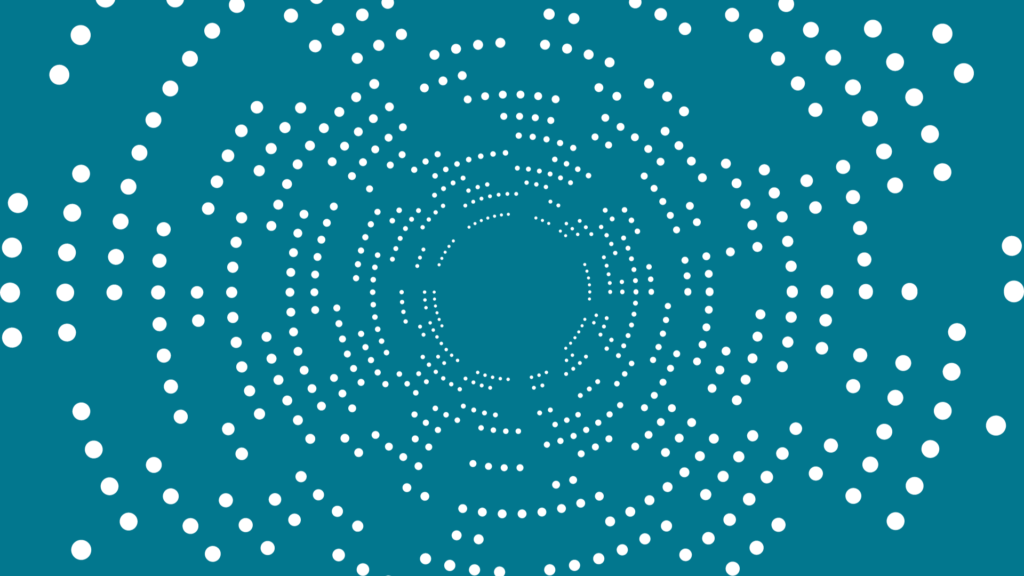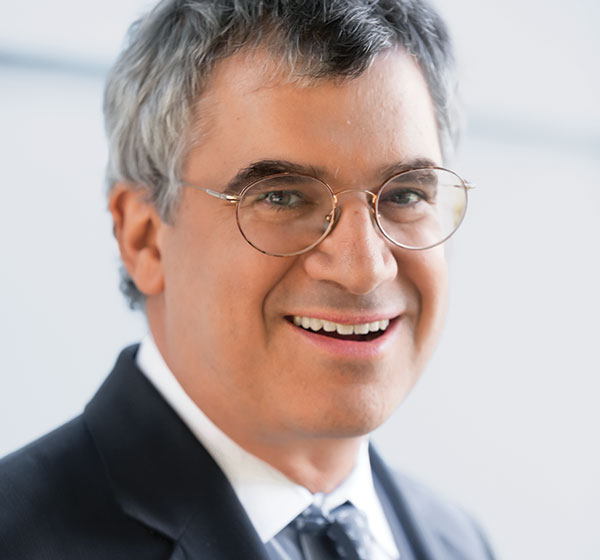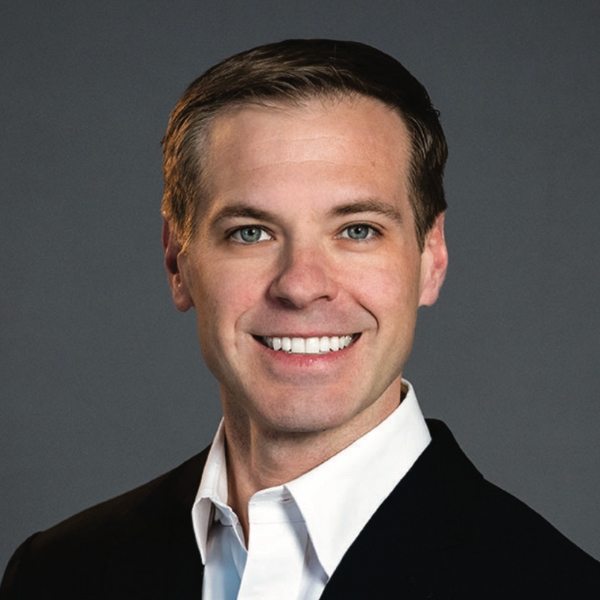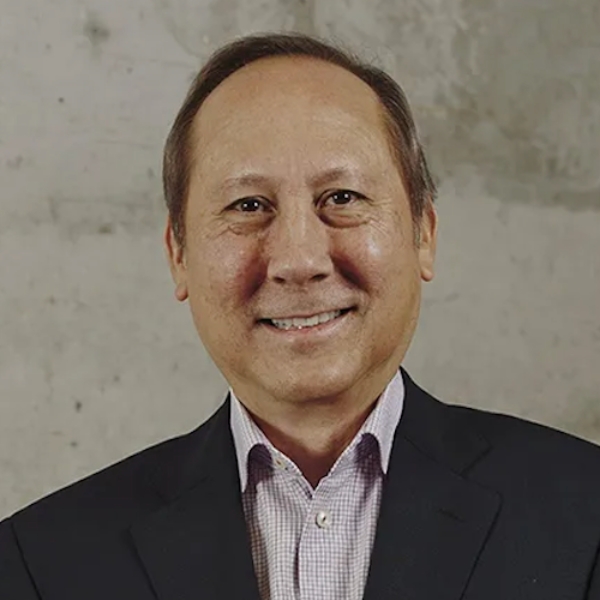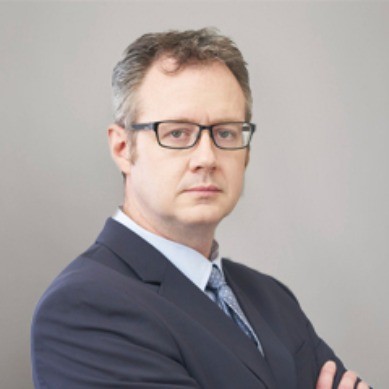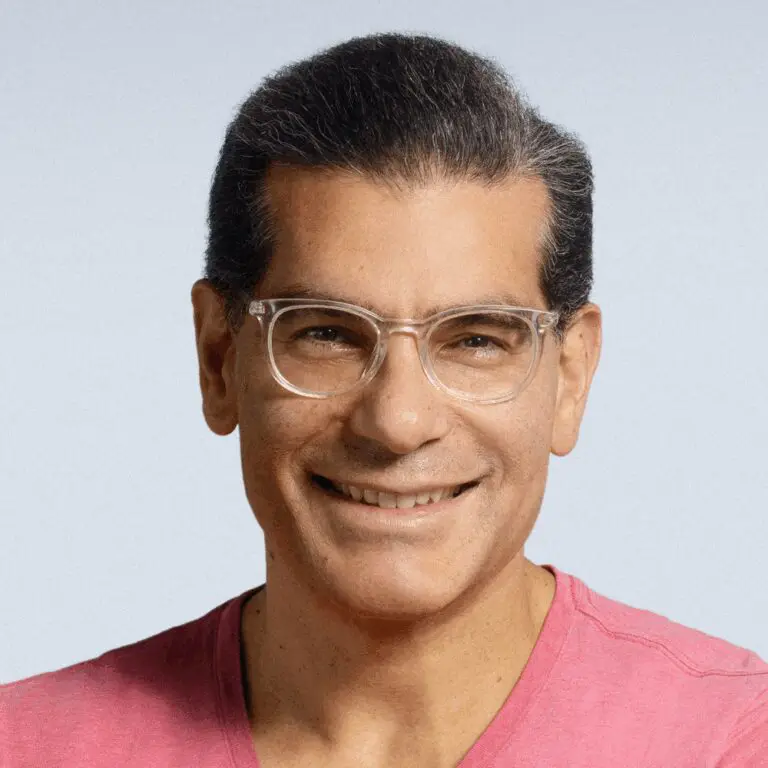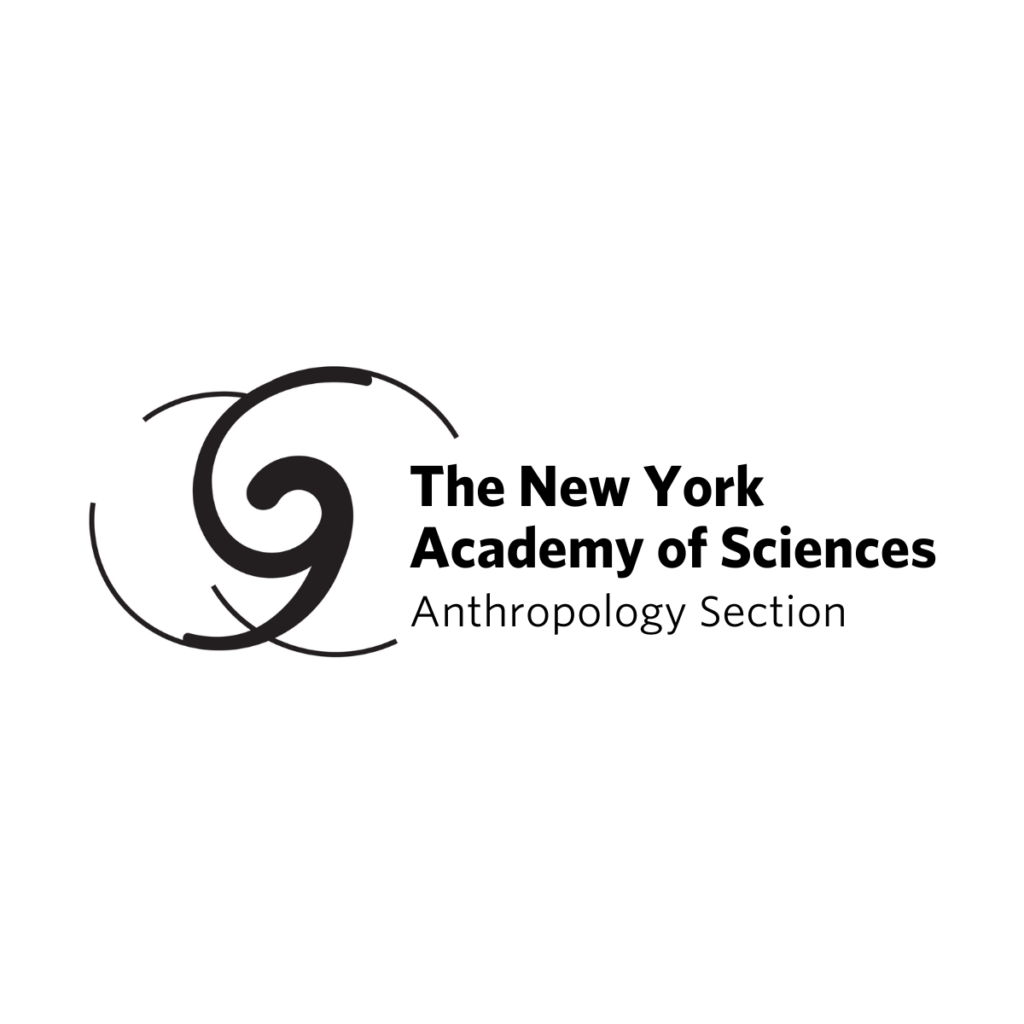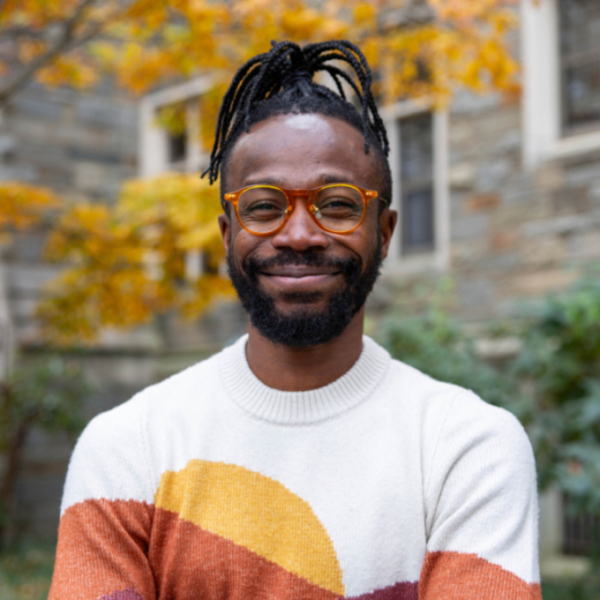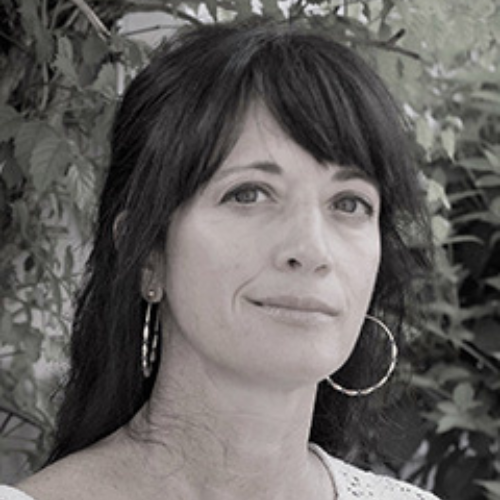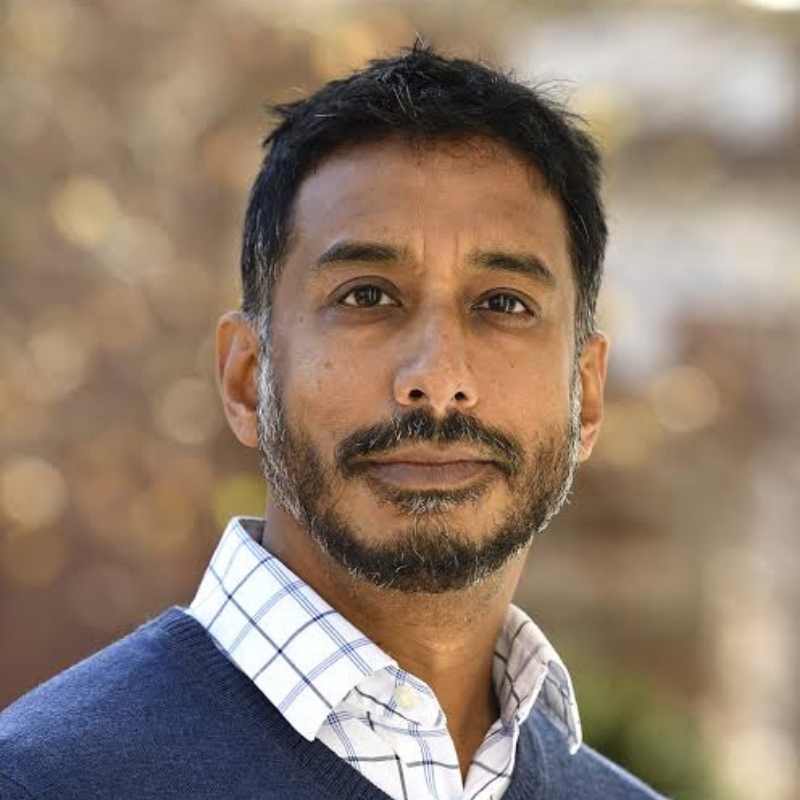June 2, 2025 | 11:30 AM – 2:30 PM ET
Presented by the Lyceum Society
Welcome and Introductions: 11:30 AM to 11:45 AM
Initial Presentation: 11:45 AM to 12:45 PM
An Academy Post-Doc Presents
The Lyceum Society has always specially valued dialogue between our retired members and youthful members of The New York Academy of Sciences. On this date we’re pleased to host a talented Academy Post-Doc researcher, who will present an inspiring research project that they have done this year as a part of their involvement with the Academy’s research training program.
Main Presentation: 12:45 PM to 2:30 PM
Discussion: “The Most Rejected Generation” by David Brooks
Reference: David Brooks, “We Are the Most Rejected Generation,” New York Times, May 15, 2025.
Moderator: Herb Klitzner
Continuing the theme of dialogue between the generations, our second event will be a moderated discussion of David Brooks’ recent opinion column. In it he searingly described the crisis level of college youth desperation, frustration, and utter rejection because of sometimes 90% levels of rejection at the doors of entry (admissions), the doors of desired clubs in college that build the path to future success, the doors of outside internships, and getting a job after college.
We highly recommend that researchers and problem solvers read David Brooks’ beautiful and compassionate article about the iceberg sitting directly in the path of our youth today, in a time of already troubled waters. We can do no less than think about it, about what we and society can do, if we are truly interested in the dialogue between the generations and the prospect that many college students may have to forgo a career in science because of the new reality, which did not exist 10 years ago. This is an excellent time to become familiar with this problem, look at it from multiple angles, and discuss possible solution paths. That is one of our aims in the Lyceum Society, to be a meeting place for helping our institution and the larger society to develop the strongest action paths to a challenging and critical problem. Join us in this discussion if you can, whatever your professional background.
Speaker
Moderator Herb Klitzner has been a member of the Academy since 1970, when he served on the Board of Advisors of the then-existing Linguistics Section, where he had professional colleagues including several psycholinguists like himself. He had also become an accomplished scientific computer programmer with the Port Authority of New York and New Jersey, where he assisted civil and soil engineers in a major way in modeling the process of constructing the innovative “bathtub” 7-block foundation perimeter of the WTC site.
Herb received his bachelor’s degree from the University of Chicago, where he majored in mathematics, which turned out to be his trustiest theoretical tool in creating scientific models of cognitive processes. His master’s degree and M.Phil were granted by the CUNY Graduate Center. His program concentration was in Computer Applications to Educational Psychology and Cognitive Modeling. While at the Graduate Center, his program allowed him to meet and hear the foremost voices in AI research and development and educational technology in America – Seymour Papert (inventor of the LOGO language and the concept of neural networks, which is basis of most AI today), Herbert Simon (the concept of Sciences of the Artificial) and many others. He also led educational technology fieldwork at several colleges in the CUNY system, including using AI methods. His biggest achievement was leading the design and creation of the pioneering CUNY/Baruch College computer for the blind, which served both CUNY and the city. It brought together all of the major “technology for the blind” inventions of the 1970s and offered them to thousands of blind people, for the next 43 years, with sensitivity and resourcefulness.
Next, moving to industry, Herb entered the field of technology market analysis and forecasting in 1980 and successfully predicted the next five years of the exploding but confusing personal computer market. Following this, in 1984, Herb and his wife Carol wrote the definitive book describing for parents the opportunities to Help Your Child Succeed with a Computer. In 2001 Herb pivoted to the music listening field and spent a year in partnership with Estonia Radio broadcasting unusual, eclectic combinations of many styles and cultures of music, which were enthusiastically received by their discerning audience and who wanted her new approaches. Today, Herb combines cultural and historical research with mathematical and “AI and Society” research, as well as catalyzing human development innovations. In 1979, he helped the White House plan innovative policy that supported the emerging field of “social technology” (e.g., technology for the blind). He is published in all these diverse fields, with research topics ranging from the history of tolerance (starting with The Lost Continent of Tolerance: Lithuania, the birthplace of his grandparents) to “Quaternions: The Phoenix Bird of Mathematics.” Writing the history of forgotten major achievements, like these two topics, is his greatest passion.
Pricing
All: Free
About the Series
The Lyceum Society is a collegial venue promoting fellowship, education, and discussion among retired members of The New York Academy of Sciences. Learn more and explore other events hosted by the Lyceum Society.
